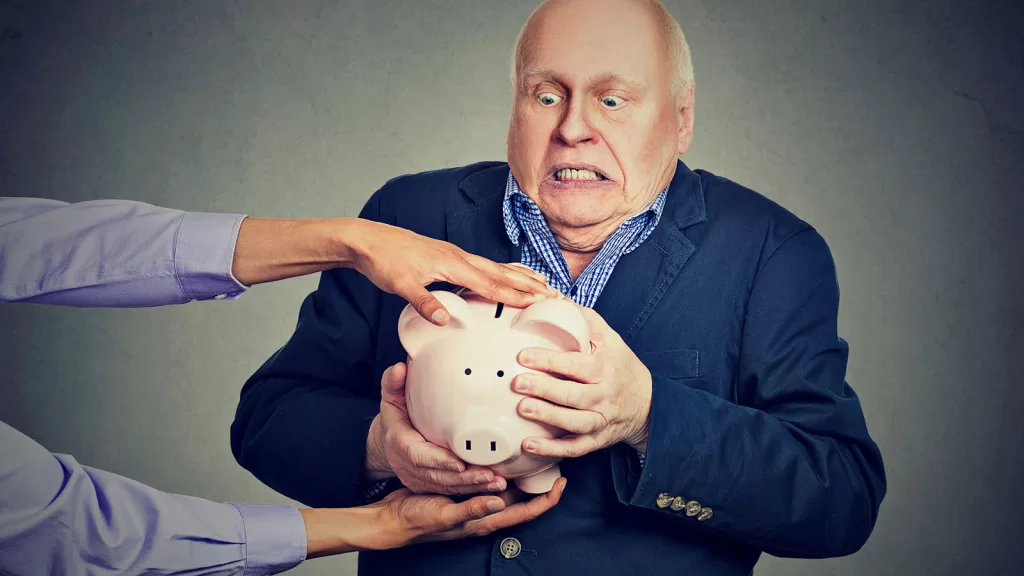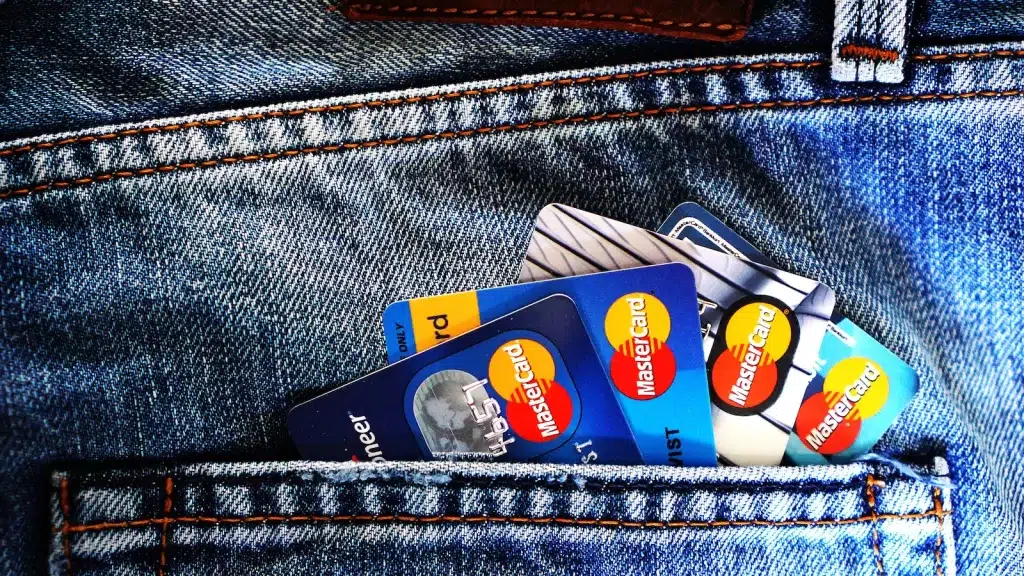When you think of wealthy people, what pops into your head? Maybe images of luxury cars, sprawling estates, and lavish vacations often come to mind. However, the habits and spending patterns of the rich can be surprisingly different from these stereotypes.
Contrary to popular belief, many affluent individuals practice frugality in areas where you might least expect it. This article examines 18 things rich people refuse to spend their money on, offering insights into the prudent choices and values that help maintain and grow their fortunes. Whether it’s everyday items or lifestyle choices, understanding these habits can provide valuable lessons for anyone looking to manage their finances more effectively.
High-interest Loans and Payday Advances

Poor individuals may resort to high-interest loans and payday advances to cover unexpected expenses or make ends meet. Payday loans are short-term, high-interest loans intended to provide quick cash for those with immediate financial needs, often at exorbitant interest rates.
Wealthy people generally have substantial savings, liquid assets, and strong credit ratings, allowing them to secure low-interest loans or lines of credit from traditional financial institutions. These conventional loans offer significantly better terms, including lower interest rates and longer repayment periods.
Additionally, affluent individuals often have financial advisors who guide them in managing their finances prudently, reducing the need to resort to high-risk, high-cost borrowing methods like payday loans.
Overdraft Fees

Many poor individuals struggle to maintain a consistent balance in their bank accounts, resulting in frequent overdraft fees. Wealthier individuals often have the financial stability to keep their accounts in the black. Affluent customers often enjoy personalized banking services, including premium accounts with waived fees, which further minimizes the risk of incurring overdraft charges.
Additionally, their financial acumen and regular consultation with financial advisors contribute to efficient budgeting and spending habits, ensuring their accounts remain well-managed and safeguarded against overdraft situations.
Renting vs. Owning

Wealthy individuals often prefer homeownership over renting for several reasons. Firstly, owning property provides a sense of stability and long-term security, allowing them to customize and invest in their living space without the constraints of rental agreements. Homeownership also offers significant financial benefits, including the potential for property value appreciation and various tax deductions on mortgage interest and property taxes.
Additionally, owning a home can be a tangible asset contributing to a diversified investment portfolio, providing a hedge against market volatility. The social prestige and personal satisfaction associated with owning a luxurious property align with the lifestyle aspirations of many affluent individuals, making homeownership a more attractive option than renting.
Impulse Purchases

Rich people avoid impulse purchases because they understand the importance of strategic financial management and long-term wealth preservation. Their financial success is rooted in careful planning, disciplined spending, and informed decision-making. By avoiding impulse buys, they ensure that their expenditures align with their broader financial goals, such as investments, savings, and philanthropic endeavors.
Also, wealthy people recognize that impulsive spending can lead to unnecessary clutter and regret, detracting from their ability to allocate resources toward meaningful and profitable ventures.
Lack of Health Insurance

Wealthy individuals are more likely to have comprehensive health insurance, while many poor people are uninsured or underinsured, leading to higher medical costs in the long run. This is primarily because access to health coverage is often tied to employment, though the Affordable Care Act is slowly expanding options for many lower-income people in the U.S.
Paying Full Price

Wealthy individuals often have the means to wait for sales, use coupons, and negotiate prices, whereas poor individuals may be forced to pay full retail prices.
Inadequate Education

Investing in education is a significant way to improve one’s financial prospects. Poor individuals may not have the resources for advanced education, while the wealthy often invest in quality education for themselves and their children.
Subpar Housing

Wealthy individuals typically live in well-maintained, safe neighborhoods, while many poor individuals may reside in substandard housing conditions due to financial constraints.
Buying Cheap and Low-Quality Goods

Poor individuals may opt for cheaper, lower-quality products, while wealthy individuals often prioritize higher-quality items that last longer, ultimately saving money in the long term.
Fast Food and Convenience Store Snacks

Poor individuals may resort to fast food and convenience store snacks due to time constraints or limited resources. Wealthy individuals can afford healthier, more cost-effective meal options.
Overpriced Financial Services

Wealthy individuals can access premium financial services with lower fees and better investment options, while the poor may be subject to high fees and limited investment opportunities.
Lack of Retirement Savings

Wealthy individuals are more likely to have robust retirement savings. In contrast, many poor individuals struggle to save for their future, often relying on social security as their sole source of income.
Costly Transportation

Poor individuals may use older, less fuel-efficient vehicles, while the wealthy can afford more efficient and reliable transportation options, saving money on fuel and maintenance.
Utility Bills

Wealthy individuals often invest in energy-efficient homes and appliances, lowering utility bills. Poor individuals may have to settle for older, less efficient options, leading to higher utility costs.
Credit Card Debt

Poor individuals may carry significant credit card debt due to unexpected expenses or the need to cover basic living costs. Wealthy individuals typically pay off their credit card balances in full each month.
Lack of Investments

Wealthy individuals often invest their money in stocks, real estate, and other assets, allowing their wealth to grow over time. Poor individuals may not have the financial knowledge or resources to take advantage of these opportunities.
Childcare Expenses

Wealthy individuals can afford high-quality childcare or stay-at-home parenting. In contrast, poor individuals may have to opt for lower-cost childcare options, potentially compromising the quality of care their children receive.
Costly Financial Mistakes

Wealthy individuals have the means to recover from financial setbacks. In contrast, poor individuals may struggle to overcome costly mistakes, such as taking on too much debt or making poor investment decisions.



